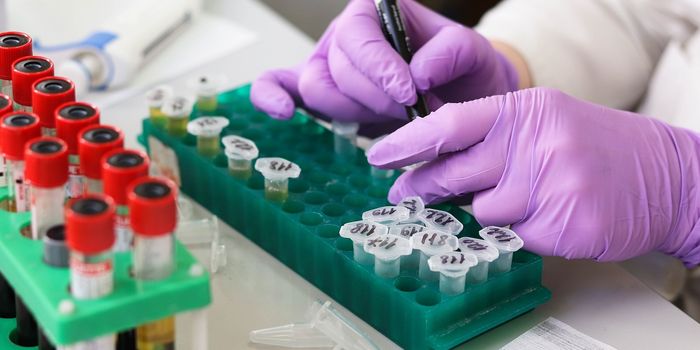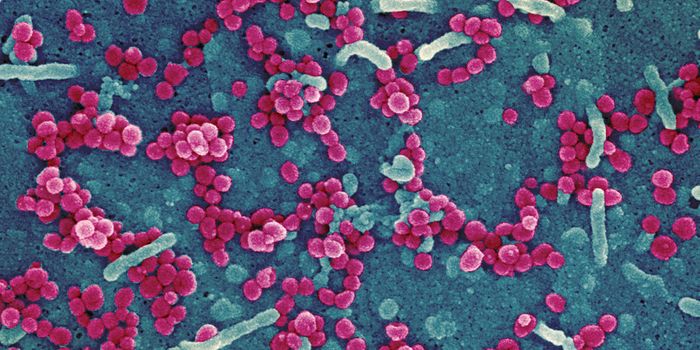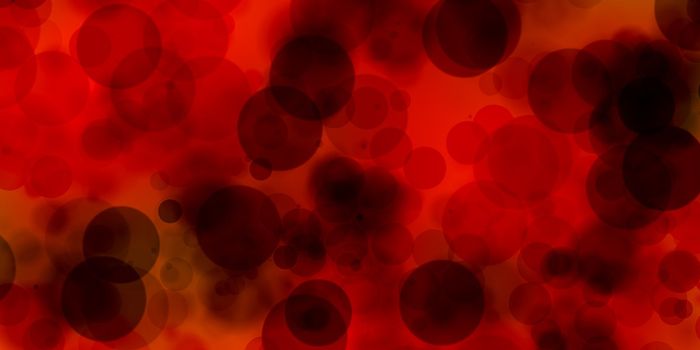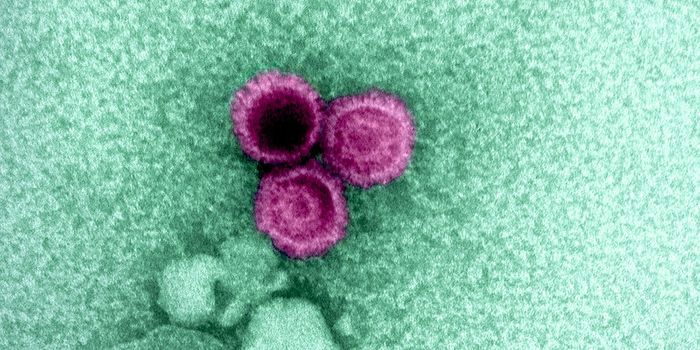A new class of anti-inflammatory drugs treats autoimmune disorders like rheumatoid arthritis and psoriasis as expected, but one study took a surprising turn when researchers found that the same drugs appeared capable of also treating depression.

Cytokines are a category of signaling molecules that mediate and regulate immunity, inflammation and hematopoiesis. Credit: Sino Biological Inc.
“Children with high everyday levels of one of these [inflammatory] markers are at greater risk of developing depression and psychosis in adulthood,” researchers from Cambridge found in a previous study. This is strong evidence for scientific theories that chronic low-grade systemic inflammation can lead to mental illness. The current study, again from the University of Cambridge, digs deeper into the relationship between depression and the immune system, and researchers are making giant leaps toward developing new treatments.
A total of 20 clinical trials implementing anti-cytokine monoclonal antibody treatment and cytokine inhibitor drugs to treat autoimmune disease was the first step toward making a connection to mental health. When Cambridge researchers were looking for any additional beneficial side effects of the new drugs, researchers quickly found an antidepressant effect as compared to control groups who received a placebo rather than anti-cytokine drugs.
“These are not your everyday anti-inflammatory drugs such as ibuprofen,” said study leader Golam Khandaker. Cytokines are chemical messengers utilized by the immune system to recruit effector immune cells to a site of infection in order to mount an effective and efficient immune response. Cytokines populate the blood stream as part of this response, and levels of the protein are significantly higher during an infection than in a state of host health. Cytokine levels can also increase even if there is no pathogen infecting the body; sometimes the immune system mistakenly targets healthy host cells as if they were foreign bacteria, which is why scientists turned to anti-cytokine drugs to treat autoimmune diseases like rheumatoid arthritis and psoriasis.
The antidepressant characteristics seen in the anti-cytokine drugs stemmed from seven of the 20 trials, and results from other clinical trials confirmed this finding. Additionally, results from the study’s meta-analysis of anti-cytokine drugs showed that the improvement in the severity of depression occurred independently of any improvements made in physical illness, like rheumatoid arthritis or psoriasis. This is a promising result especially when considering adapting this drug to treat people with depression but without any autoimmune problems.
The new anti-cytokine drugs provide new hope for individuals with depression that don’t respond to existing antidepressant medication. “About a third of patients who are resistant to antidepressants show evidence of inflammation,” Khandaker said. “The current approach of a ‘one-size-fits-all’ medicine to treat depression is problematic.”
All current FDA-approved antidepressant medications in existence target a particular type of neurotransmitter, but not all cases of depression share similar causation pathways. “It’s becoming increasingly clear to us that inflammation plays a role in depression, at least for some individuals,” Khandaker said. Khandaker and the rest of the team from Cambridge will continue to study the anti-depressant effect of the new drugs, looking for any other possible side effects that may occur.
The present study was recently published in the journal
Molecular Psychiatry.
Sources:
University of Cambridge










